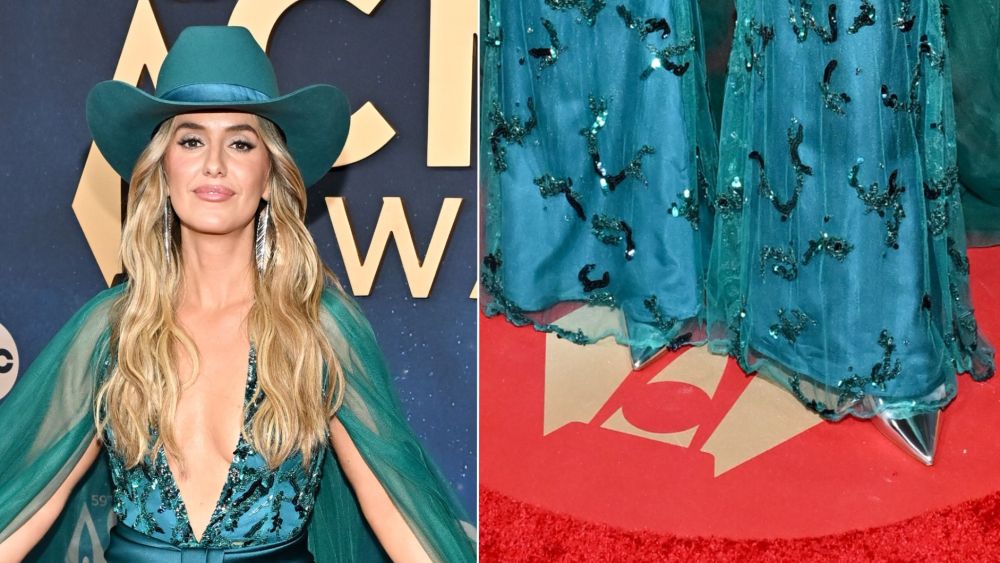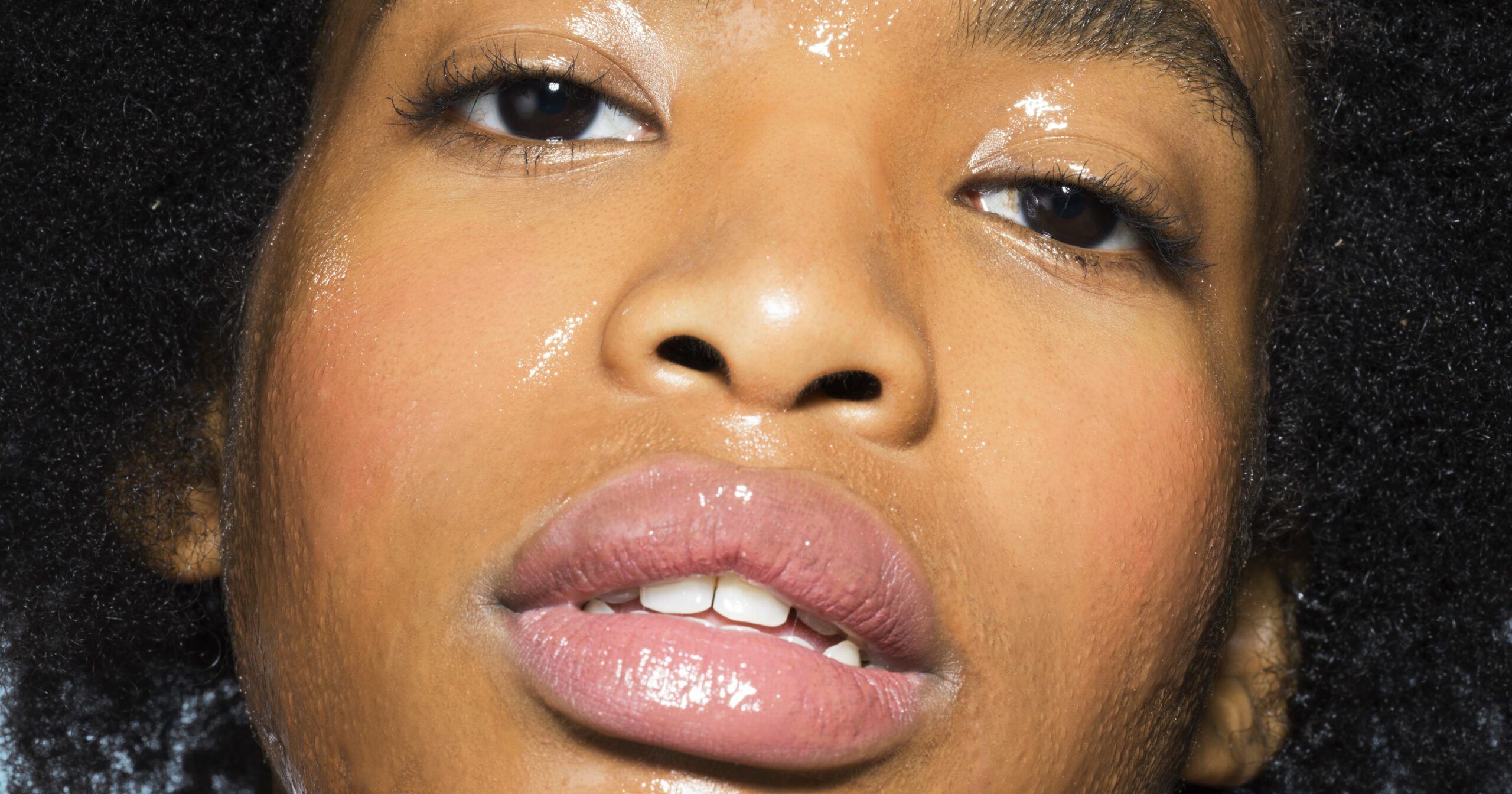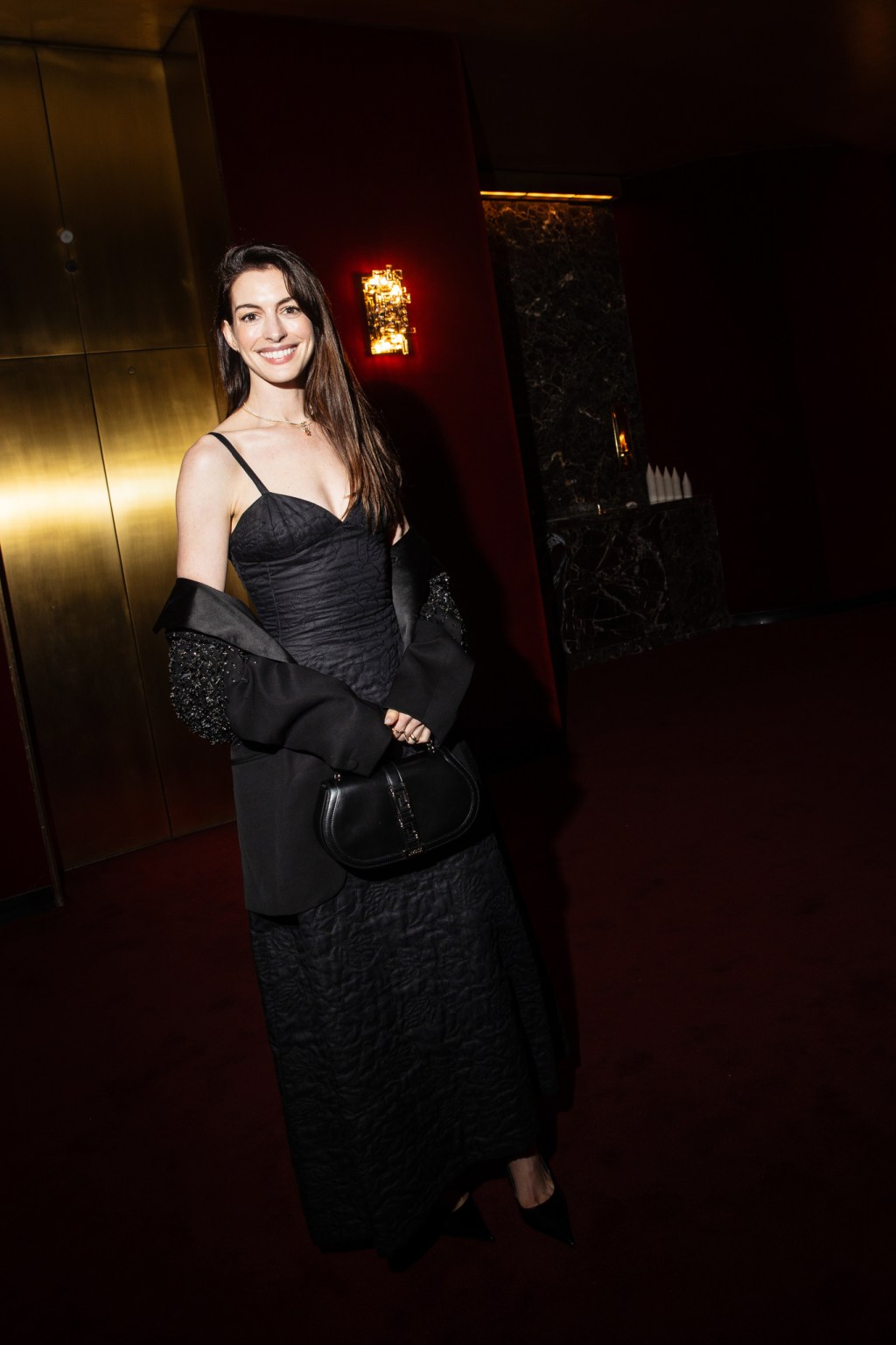Coty Inc. has lifted its full-year revenue forecast as the fragrance effect shows no sign of abating, at the same time as it revealed it has canceled the sale of part of its Wella stake.
Buoyed by sales of the likes of Burberry Goddess, Burberry Her and Gucci Flora, the beauty company now expects full-year like-for-like revenue growth of between 9 percent and 11 percent, ahead of its recently raised guidance of 8 percent to 10 percent. It continues to target adjusted earnings per share of between 44 cents and 47 cents for the year as a whole, implying growth of as much as 25 percent.
“This demonstrates the strength of our strategy and the strength of our portfolio,” said chief executive officer Sue Nabi of the results during an interview with WWD.
Related Articles
This came as Coty and its counterparties revealed they have decided to end the partial sale of its Wella stake, “given misalignment on final deal terms.”
In July, Coty announced that it expected to sell a 3.6 percent stake, the equivalent of $150 million, in the professional hair care brand to investment firm IGF Wealth Management, with the cash proceeds to be used to pay down debt.
Even as it ended that sale of a partial stake, Coty reiterated its commitment to divest its remaining 25.9 percent share of Wella by 2025.
For the first quarter of the fiscal year ended Sept. 30, net revenue was $1.64 billion, up 18 percent year-over-year. Analysts polled by Factset had forecast $1.58 billion.
Prestige revenues grew by 23 percent, boosted by momentum in prestige fragrance demand. Prestige fragrance grew by 10 percent, with three franchises — Burberry Goddess, Gucci Flora, and Burberry Her — reaching the top 10 female fragrances in the U.S. for the first time in the company’s history. Burberry Goddess, meanwhile, is doubling in sales, according to Nabi. Coty also plans to relaunch Burberry Beauty with a Selfridges boutique.
“The company’s leading seven [fragrance] brands are growing in the high 20s percentages on a like-for-like basis,” she continued. “So it’s not one brand. It’s not two brands. It’s not three brands. It’s not four brands. It’s seven brands growing above the 20 percent threshold in our fragrance portfolio.”
Coty’s consumer beauty revenues grew by 10 percent in the first quarter, with strength in its color cosmetics, mass fragrances, and mass skin and body care sales. It also highlighted mass skin care brands Monange and Paixão as performing well in Brazil.
While speculation continues that Kim Kardashian and Kylie Jenner are both in talks with Coty to buy back their respective brands, Nabi said they’re both clearly part of the portfolio and playing their role.
For Kylie Cosmetics, she said: “We’re expanding the presence of the brand in different categories. We believe this is the right strategy since there is a lot of momentum and goodwill behind the brand.”
The group paid $600 million for a 51 percent stake in Kylie Cosmetics in 2020 and acquired a 20 percent stake in Kardashian’s beauty business, then called KKW Beauty, for $200 million in 2021, implying that the brand was valued at $1 billion at the time.
Geographically, all regions generated double-digit percentage revenue growth in the quarter. Europe, Middle East and Africa sales expanded 20 percent, Americas sales rose 17 percent, and Asia Pacific sales grew 16 percent. In China, sell-out growth in Coty’s Prestige business was well ahead of the market, growing by double-digits percentage in mainland China and triple-digits percentage in Hainan.
Coty reported a net loss of $1.7 million, compared with net income of $125.3 million in the prior year, due to a higher benefit in the prior year from a change in Wella’s fair value. Adjusted EPS was 9 cents, below Wall Street forecasts for 17 cents.



